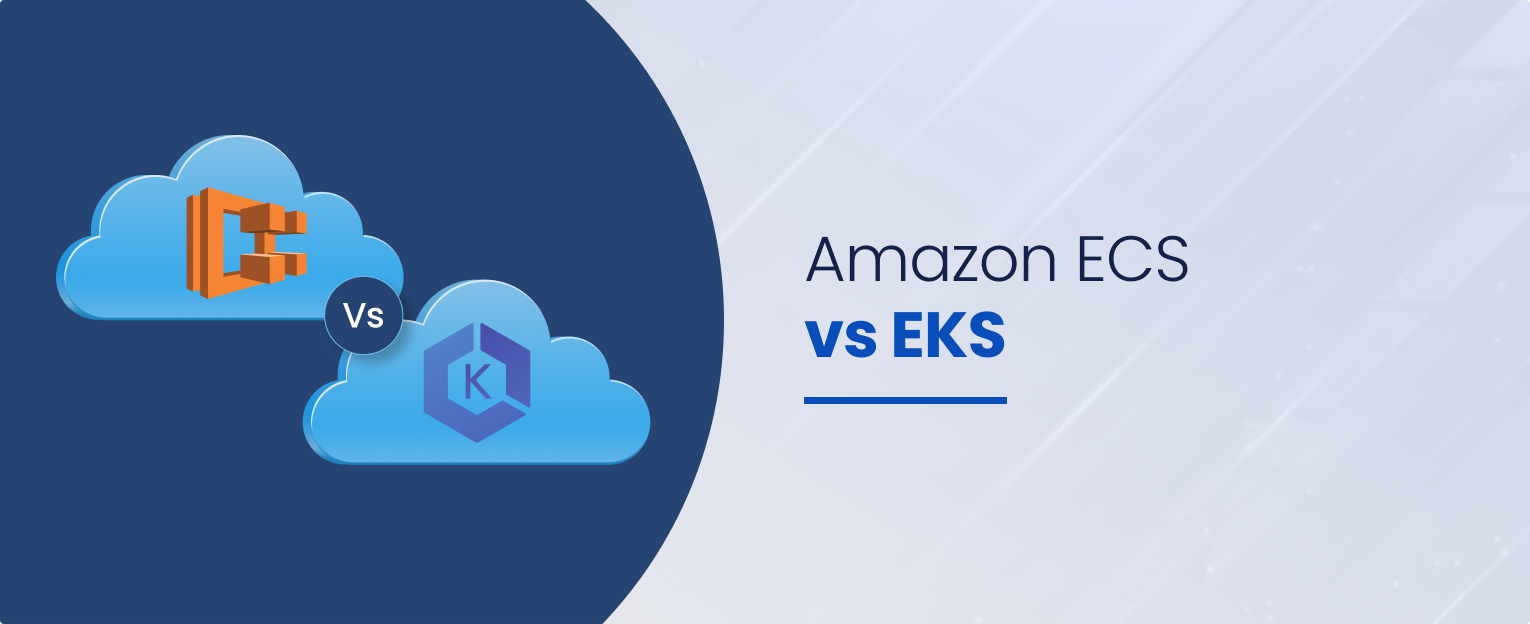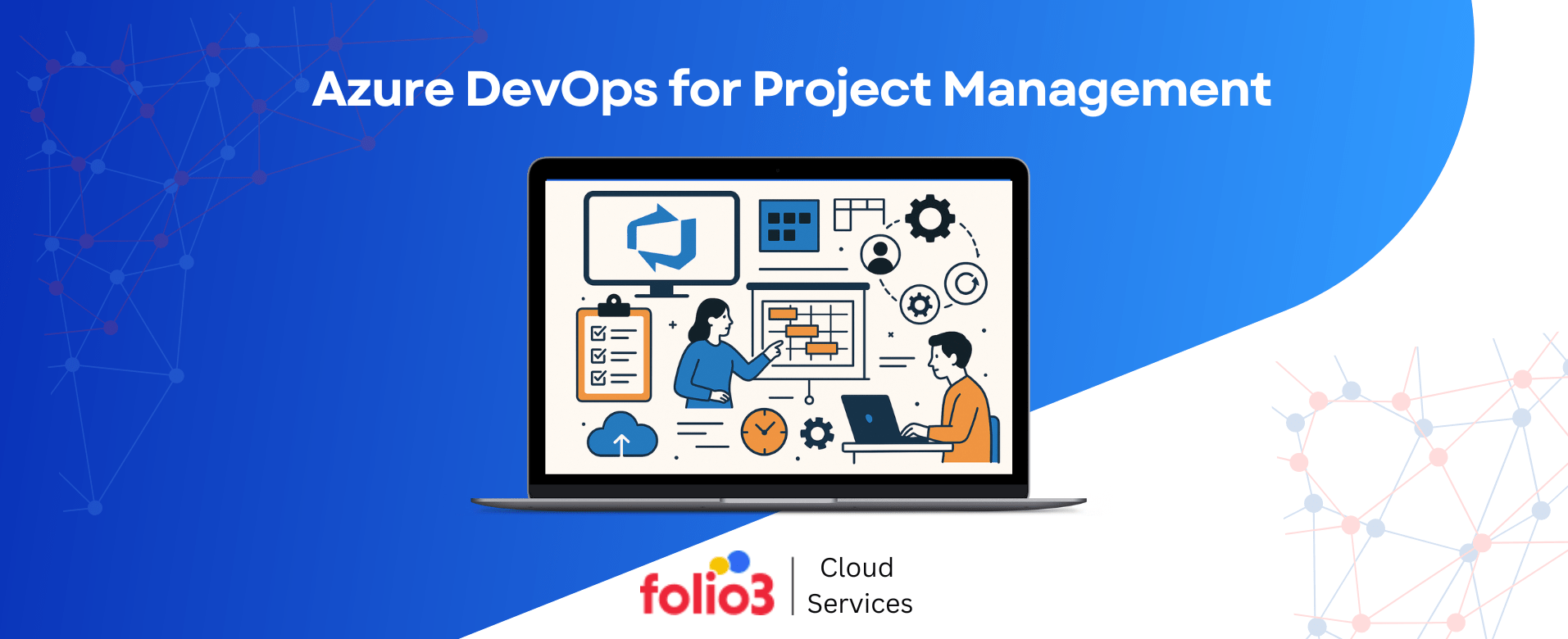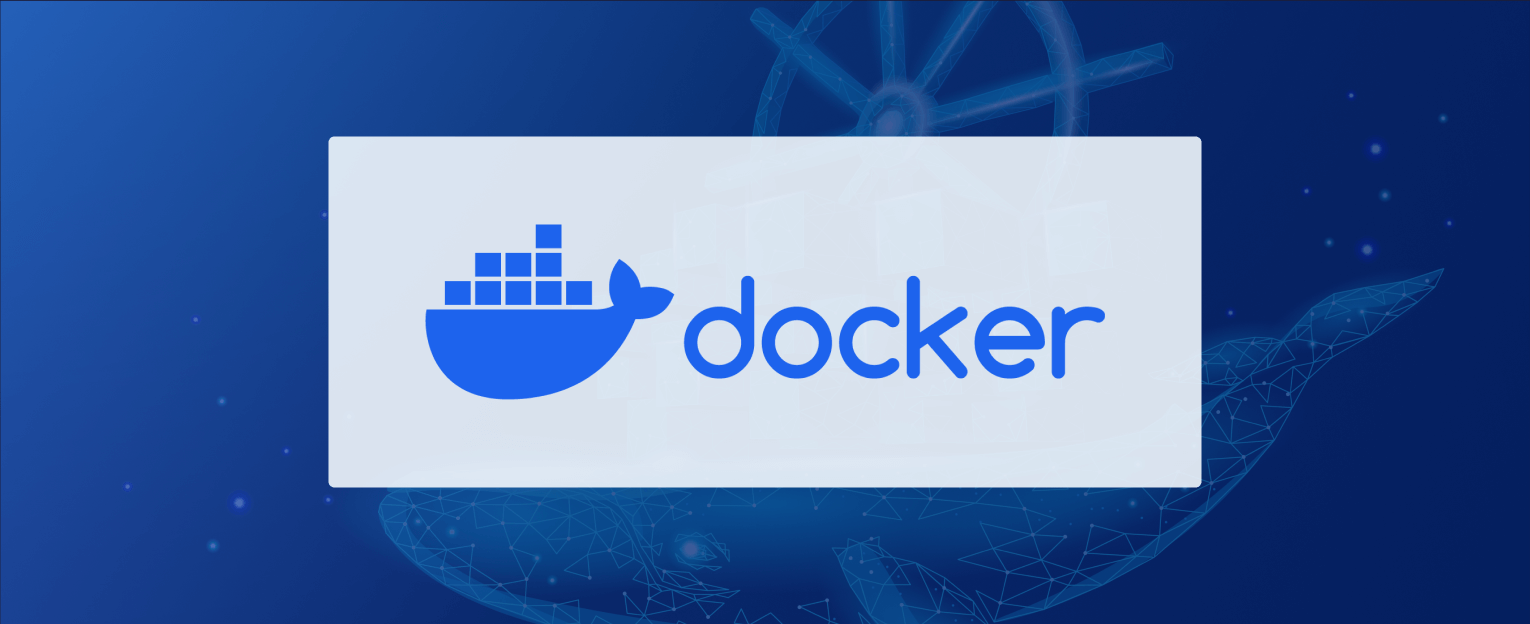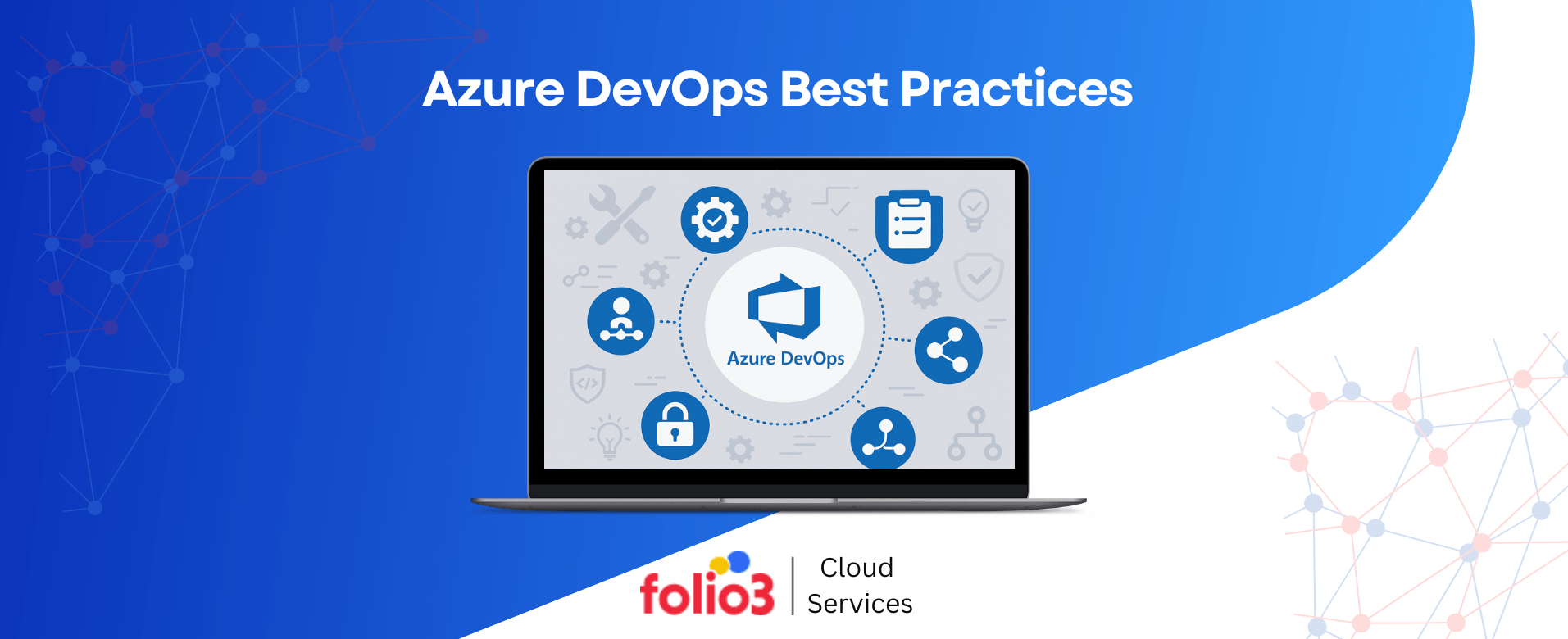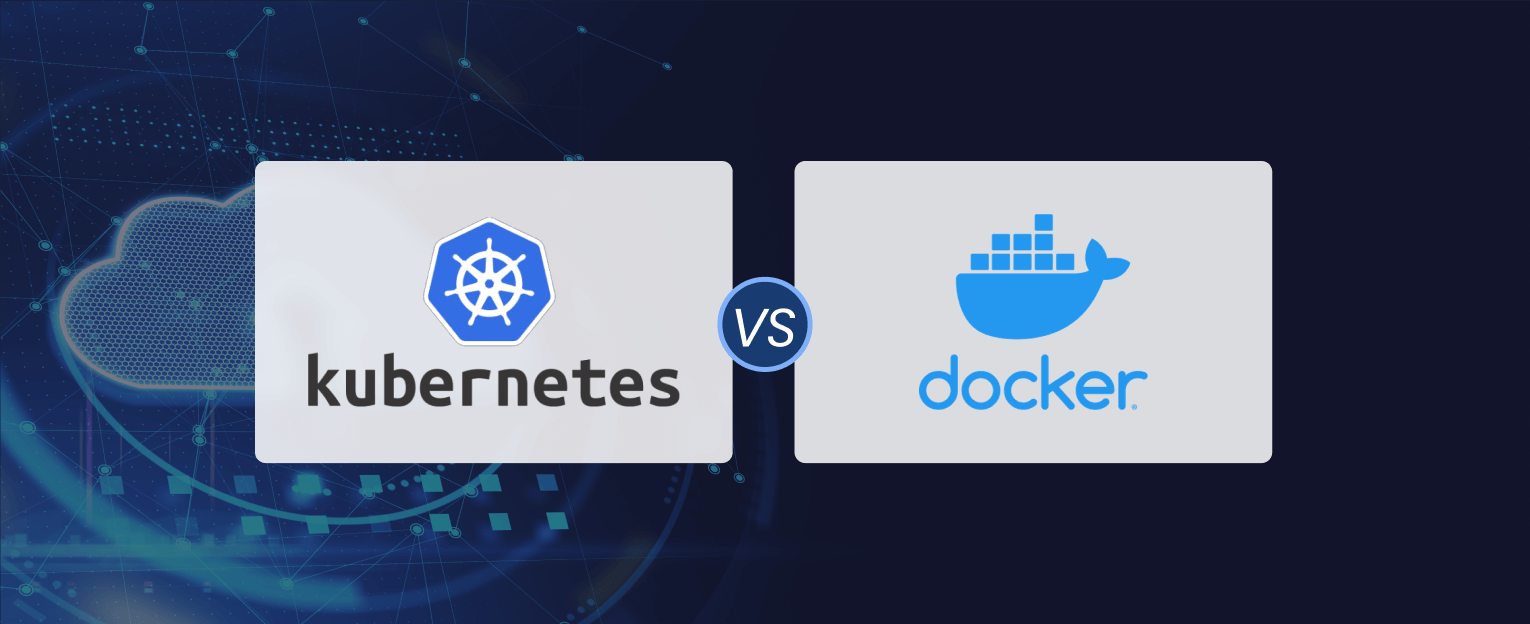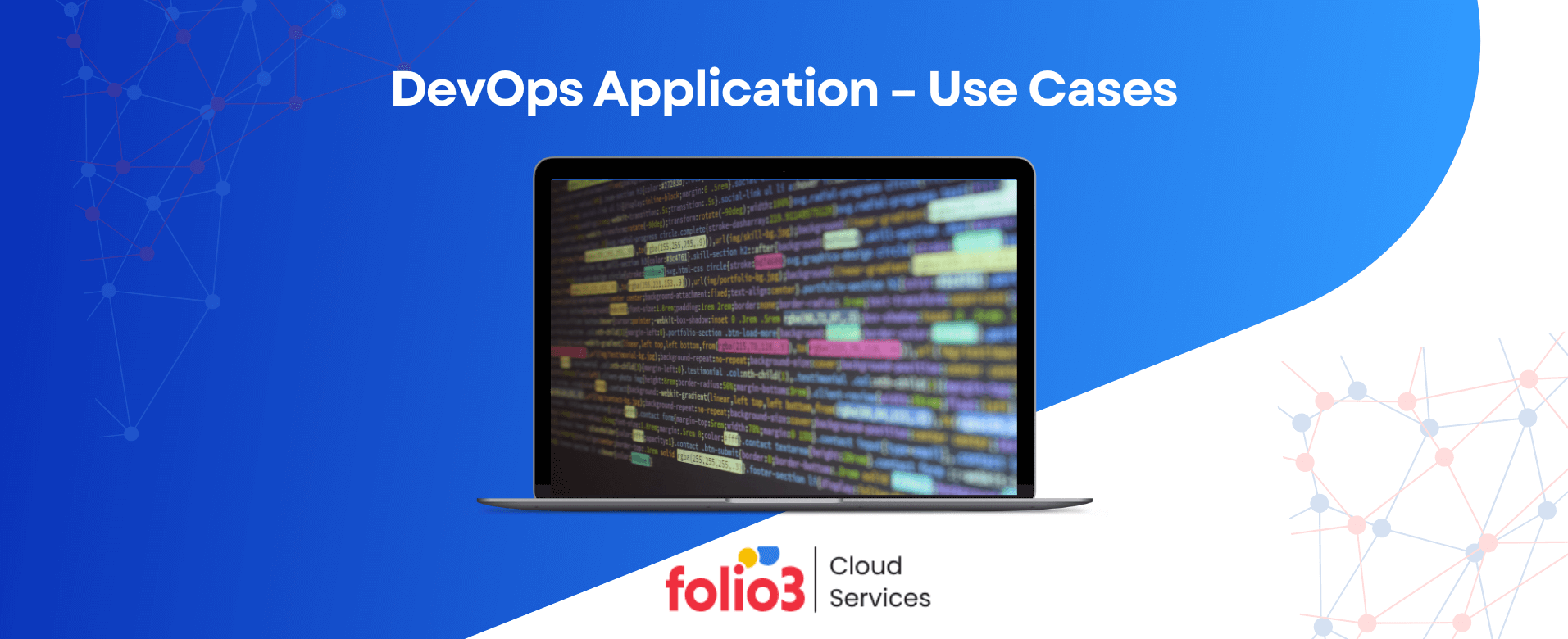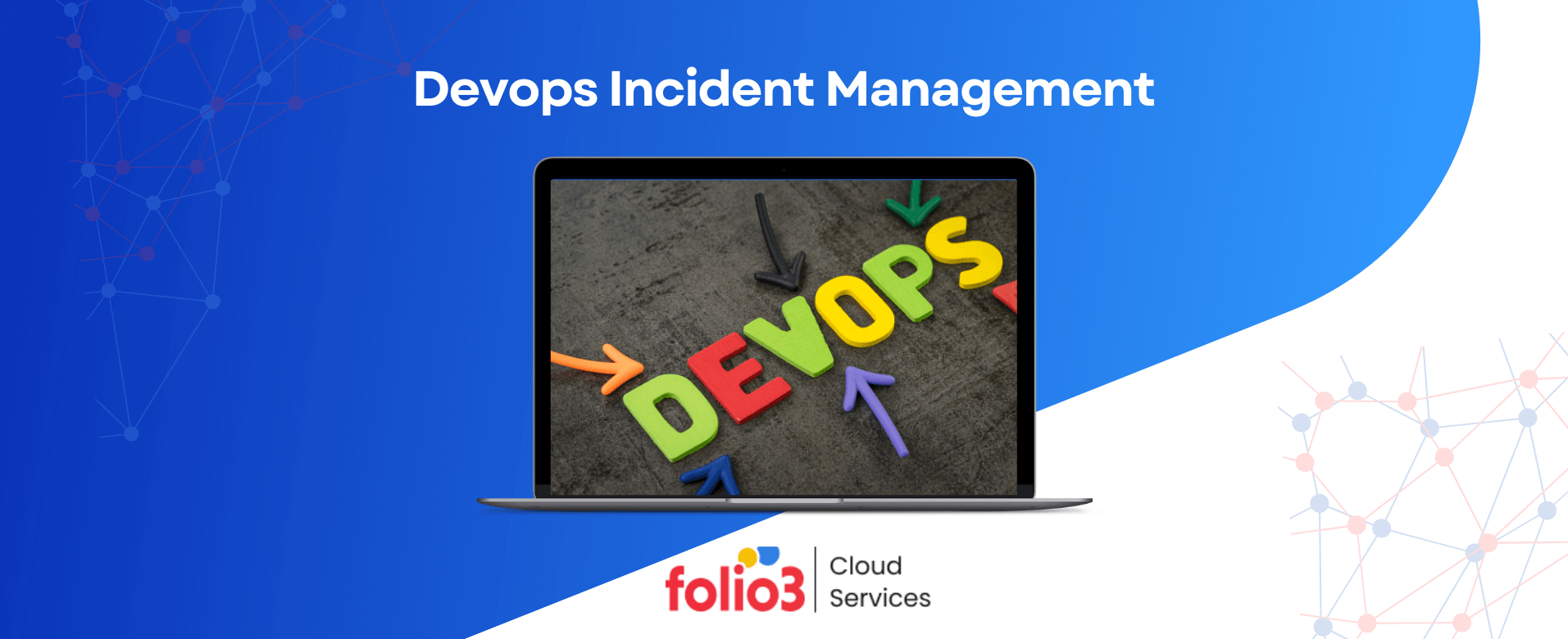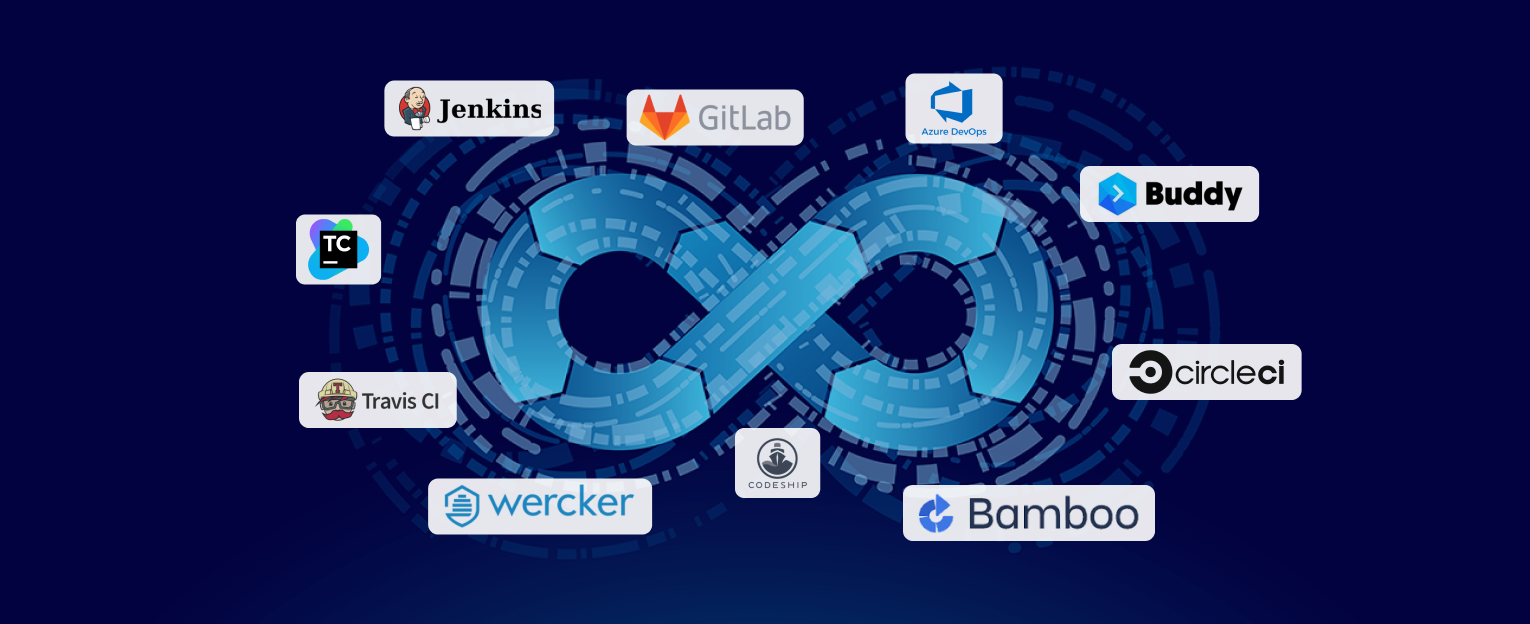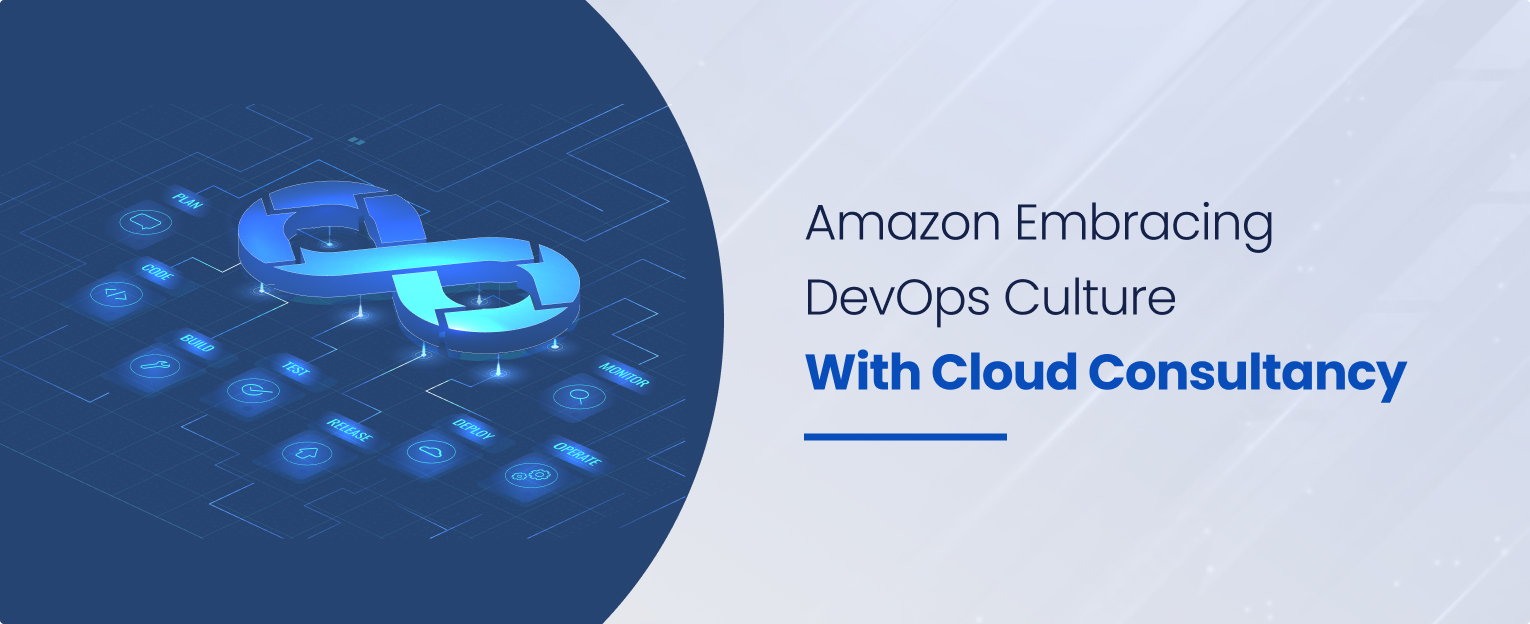Cloud computing and storage containerization help companies manage their applications and services competently and efficiently. They are the foundations of agile and scalable solutions in modern application development and deployment.
Implementing a container orchestration platform is critical to ensuring high operational efficiency and agility while implementing cloud-based application and service management.
Amazon Web Services (AWS) is a leading cloud-based solution firm. It gives two well-known container orchestration solutions: Amazon Elastic Kubernetes Service (EKS) and Amazon Elastic Container Service (ECS).
These services handle companies’ complicated requirements, giving stable foundations for running containerized applications. This article compares AWS EKS and ECS, the popular container orchestration solutions today.
What is AWS EKS?
Amazon Elastic Kubernetes Service (EKS) is a managed Kubernetes service provided by Amazon Web Services (AWS). It offers the same automation and optimization benefits as other AWS-managed services.
AWS’s wholly managed EKS cluster solution aims explicitly to reduce the complexity of cluster deployment, management, and scaling of Kubernetes. It provides an entire control plane stack, eliminating the need for Kubernetes’s underlying infrastructure.
In short, using AWS EKS allows the user to run Kubernetes without worrying about stressing bits like configuring or maintaining the control plane nodes. Such an approach guarantees the availability of the Kubernetes control plane, the installation of security patches, and updates.
This leaves users with purely administrative responsibilities and allows them as much time as they need to tune their applications and achieve goals strictly related to application development. Users still manage their worker nodes, where their containerized applications run, but EKS connects to the AWS services easily.
Users follow features like load balancers, auto-scaling groups, and security groups to optimize and improve the usability of their Kubernetes applications. If organizations need to use the power of Kubernetes to ease the complications caused by acquiring and managing infrastructure, then the AWS EKS would be a fascinating solution.
By simplifying the cloud-native journey and making developers and innovators the heroes, EKS improves their productivity and user experience through a fully managed Kubernetes control plane and ease of integration with AWS services.
What is AWS ECS?
Amazon Elastic Container Service (ECS) is a fully managed container orchestration service that Amazon Web Services (AWS) delivers. Its primary purpose is to simplify the deployment of Docker containers and management strategies.
With ECS, the user can integrate the container applications without bothering with the underlying infrastructure.
ECS provides developers without knowledge of server administration with a high level of abstraction, freeing them from complicated server management details and allowing them to focus on application delivery and development.
AWS ECS has several notable features, including the ability to specify the needed task configurations, create clusters for managing tasks or instances, establish services for maintaining a specified number of task instances running, and easily integrate with other AWS services such as load balancers and autoscaling.
ECS’s main specialization seems to be container orchestration, not only Kubernetes, which AWS EKS provides. On the other hand, ECS makes it easier for the containers to communicate and share information, which is how the microservices structures are deployed and managed.

How Folio3 Can Help with AWS Cloud Migration?
Folio3’s team of experts can help you assess your current environment, develop a migration plan, and execute the migration smoothly. Folio3 also offers a variety of post-migration services to help you get the most out of AWS.
Differences: ECS vs EKS AWS
One must be aware of the critical differences between AWS ECS and EKS (the container orchestration systems offered by AWS). While both share similar goals, the differences mentioned earlier should be considered when managing a containerized workload.
Let’s delve into the differences between Amazon EKS vs ECS:
Platform Integration
- AWS ECS: Because ECS is an intrinsic AWS service, it can integrate with the AWS load balancer, AWS Fargate, and AWS RDS via ECS. The operator’s surroundings do this and reduce the deployment processes and management tasks.
- EKS: Given Kubernetes, EKS allows flexible application management by running both on-premises and in the cloud. So, unlike ECS services provided by AWS and ready to use, open-source services require more effort.
Scalability
- AWS ECS: ECS is outstanding in terms of scalability and handles the scaling of apps automatically, depending on the level of demand. Whether pay-for-usage mode (AWS Fargate) or instance-based mode (EC2), it enables them to have scalability options.
- EKS: EKS is scalable, but it requires a more hands-on approach. Running online campaigns for a brand in a competitive market is much more dynamic than traditional marketing, requiring a proactive and adaptable approach. Manually configuring and activating autoscaling groups and the Horizontal Pod Autoscaler of Kubernetes is obligatory, which may complicate and add to the difficulty of using ECS.
Security
- AWS ECS: ECS utilizes the security features incorporated into the AWS platform, keeping in mind IAM(Identity and Access Management) roles that allow you to perform tasks, security groups, and VPC network isolation.
- AWS EKS: EKS heavily relies on Kubernetes’ unmined native security capabilities, such as RBAC, Network Policies, Secret Management, etc. However, integrating the additional resources is a complex task that may create issues, as the learning curve can get steep for other teams.
Pricing Models
- AWS ECS: Pricing is based on resource consumption such as vCPU and memory without additional charges for ECS.
- EKS: EKS charges a flat fee for each EKS cluster alongside resource consumption costs. While cost-effective for smaller projects with fewer clusters, it might be pricier for larger organizations with multiple clusters.
Complexity
- AWS ECS: As a native AWS service, ECS is generally easier to set up and manage. It integrates well with AWS management tools and reduces operational complexity.
- EKS: Based on Kubernetes, EKS requires a deeper understanding of Kubernetes. It adds complexity to managing and operating applications. While providing more control and flexibility, it entails a steeper learning curve.
Container Orchestration Approach
- AWS ECS: ECS is built on a task-based hierarchy, which manages containers grouped into tasks as whole entities. This allows containerized application deployment and management to be streamlined as container clustering complexity is hidden.
- EKS: Similarly, EKS reflects the pod-sourced container orchestration of its Kubernetes parent. These containers are grouped inside pods, the base units of deployments. Instead of images, they use containers for application scheduling and networking, provided by part control but sometimes add complexity.
Community Support and Ecosystem
- AWS ECS: Being very tightly coupled, it is advantageous for ECS to integrate AWS services, but the Kubernetes community and ecosystem may be more significant in comparison. Meanwhile, ECS users can still rely on the support of a wide range of Docker ecosystems and toolings.
- EKS: EKS utilizes its extensive and dynamic nature through a rich Kubernetes community and ecosystem. This encompasses many third-party projects, tools, plugins, and communities, providing vast options to widen and customize Kubernetes deployment functionality.
Portability and Vendor Lock-in
- AWS ECS: ECS may lock vendors in because it can be used with a few AWS services. While it provides a smooth experience inside the AWS ecosystem, migrating ECS workloads from other cloud providers or on-premises to AWS may involve much work.
- EKS: EKS yields additional portability since it is built on Kubernetes, an open-source platform backed up and supported by different cloud vendors and on-premises environments. This results in a process that can be run anywhere with Kubernetes without any lock-in concerns on any vendor.

How Folio3 Can Help with AWS Cloud Migration?
Folio3’s team of experts can help you assess your current environment, develop a migration plan, and execute the migration smoothly. Folio3 also offers a variety of post-migration services to help you get the most out of AWS.
AWS EKS vs ECS: Comparison Table
The AWS EKS is a fully managed service created for clients to execute Kubernetes clusters on AWS. It provides a high-level API for managing Kubernetes clusters, which embrace operations like creating a cluster, adding/removing nodes, and deploying applications.
On the other hand, ECS is a managed service specifically designed to handle and run Docker containers. It allows developers to create clusters, schedule tasks, and configure service discovery.
The AWS EKS is a production-grade Kubernetes cluster that fully automates lifecycle operations, possesses high scalability, and offers round-the-clock AWS support.
On the other hand, ECS functions well in the creation and testing processes. Unlike frequently expensive AWS EKS, it is a more lightweight approach that is simpler to launch and run even for smaller projects.
Below is a comparison table highlighting critical differences between AWS EKS and ECS:
| Feature | AWS EKS | ECS |
| Type | Kubernetes-based container orchestration service | Docker-based container orchestration service |
| Control plane | Managed by AWS | Managed by you |
| Cluster size | Scalable up to 10,000 nodes | Scalable up to 100,000 tasks |
| Cluster deployment | Can be deployed on-premises or in the cloud | Can only be deployed in the cloud |
| Pricing | Based on the number of nodes in the cluster | Based on the number of tasks in the cluster |
| Support | 24/7 support | 24/7 support for Enterprise customers only |
| Best for | Production-ready Kubernetes clusters | Development and testing |
AWS EKS vs ECS Performance Comparison
When evaluating AWS EKS and ECS performance, the distinction lies in the trade-offs between managed services and self-managed infrastructure. EKS brings about convenience and simplicity with the assistance of ineffectiveness.
It is taking away complexities that lead to doing away with issues of infrastructure management that ultimately simplifies the operations and reduces the workload.
Nevertheless, ECS offers a broader range of control and customization settings, allowing users to fine-tune their infrastructure and find the best performance according to their specifications.
Fully Managed Cluster (AWS EKS):
The AWS EKS is a managed service, so users fully comprehend the underlying infrastructure. This approach has profound advantages, which can be easily noticed in businesses that lack the expertise or resources to manage their clusters perfectly.
Through AWS’s role as the infrastructure management authority, developers can concentrate on their applications and innovation while operational challenges can be operated in the background.
One of the principal advantages of EKS is operation automation, which is concerned with cluster management and efficiency.
Automatic scaling features empower the cluster to be ready for edge traffic, automatically scaling the resources needed based on demand without manual intervention.
Furthermore, node auto-discovery and cluster health checking support reliability and availability, minimize downtime, and reduce the operation burden.
Self-Managed Cluster (AWS ECS):
Unlike ECS, which is a self-managed service and the user is solely responsible for infrastructure maintenance, AWS ECS works on a self-managed basis.
Such a task sounds intimidating for organizations lacking the technical knowledge or experience to implement the whole system. At the same time, doing everything by yourself gives you the lever of control that you might not have with fully managed solutions like EKS.
ECS focuses on self-management, which lets users handle the procedures for personalizing their cluster regarding performance and operation understanding.
In contrast to EKS, ECS users are in charge of the version of Kubernetes they want. Thus, they can make their k8s versions compatible with a particular application dependency or feature.
Moreover, users can use their infrastructure on-premise or in the cloud. This allows them to have more customization options at a lower operating cost.
AWS EKS vs ECS: Cost Comparison
When comparing the costs of AWS EKS (Elastic Kubernetes Service) and AWS ECS (Elastic Container Service), it’s essential to consider various factors such as the management model, pricing structure, complexity, and available features. Let’s delve into the cost comparison in detail:
Management
- AWS EKS: EKS is a managed service, meaning AWS handles the underlying infrastructure, including cluster provisioning, maintenance, and updates. This managed approach simplifies operations but comes with a corresponding cost.
- AWS ECS: ECS is a self-managed service requiring users to handle infrastructure maintenance tasks such as cluster setup, scaling, and maintenance. While this provides more control, it may entail additional effort and expertise, potentially impacting overall costs.
Cost Structure
- AWS EKS: With EKS, users incur costs based on the number of nodes in the cluster, along with any additional services utilized, such as Amazon Elastic Load Balancing. The pricing typically involves a monthly fee per running cluster, totaling $0.10 per hour per cluster or $70 per month of continuous operation.
- AWS ECS: In contrast, ECS costs are determined by the number of containers running in the cluster, in addition to any supplementary services utilized, such as Amazon Elastic Container Registry. No per-cluster cost is associated with ECS, making it potentially more cost-effective for multiple cluster scenarios.
Complexity
- AWS EKS: Due to its managed nature, EKS tends to be less complex from an operational standpoint. AWS handles many infrastructure management tasks, reducing the complexity of cluster setup and maintenance.
- AWS ECS: ECS requires users to manage their infrastructure, which can introduce additional complexity, especially for organizations lacking experience or resources in container orchestration. However, this self-managed approach provides greater flexibility and control over the environment.
Features
- AWS EKS: EKS is a highly efficient suite of capabilities, including autoscaling, node auto-discovery, and cluster health checking. It is designed explicitly for Kubernetes clusters manufacturing qualified workloads requiring advanced functionalities and capabilities.
- AWS ECS: It is less complicated in ECS than EKS but still contains essential capabilities for container management, including task scheduling and service discovery. Hence, it could be used in less complex workloads or where full-service supervision is not desired.
Benefits of AWS EKS
1. Reduced operational complexity
AWS EKS (Elastic Kubernetes Service) significantly reduces operational complexity by offering a fully managed Kubernetes environment. With EKS, AWS handles cluster provisioning, node management, and Kubernetes software updates.
This allows organizations to focus on developing and deploying applications without the burden of managing underlying infrastructure, leading to increased efficiency and productivity.
2. Increased security
AWS EKS incorporates robust security features to safeguard containerized workloads. Leveraging AWS’s comprehensive security infrastructure, EKS provides features such as IAM (Identity and Access Management) integration, network policies, and encryption at rest and in transit.
Additionally, EKS benefits from AWS’s adherence to industry-leading security standards and certifications, which protect sensitive data and mitigate potential security threats.
3. Improved cost-effectiveness
AWS EKS offers improved cost-effectiveness by optimizing resource utilization and minimizing operational overhead. With EKS, organizations can leverage automatic scaling and resource pooling to efficiently allocate resources based on workload demands, reducing unnecessary expenses.
Moreover, EKS follows a pay-as-you-go pricing model, allowing organizations to scale resources up or down based on usage, thereby avoiding over-provisioning and optimizing costs.
Benefits of AWS ECS
1. Scalability
AWS ECS (Elastic Container Service) offers exceptional scalability, allowing organizations to seamlessly scale their containerized applications to meet varying demands.
ECS provides flexible scaling options, including manual and auto-scaling based on predefined metrics. This scalability ensures that applications can efficiently handle workload fluctuations without over-provisioning or underutilizing resources, optimizing performance and resource utilization.
2. Reliability
AWS ECS is recognized for its reliability, providing a robust and resilient platform for running containerized workloads.
ECS ensures high availability and fault tolerance through automatic container recovery, service health monitoring, and integration with AWS’s global infrastructure. This reliability minimizes downtime and ensures applications’ continuous operation, enhancing the user experience.
3. Cost-effectiveness
AWS ECS offers cost-effective container orchestration by optimizing resource utilization and minimizing operational overhead. With ECS, organizations can efficiently manage resources, scale applications as needed, and pay only for the resources consumed.
Additionally, ECS’s pricing model is transparent and predictable, allowing organizations to accurately budget for their containerized workloads without unexpected expenses.
4. Ease of Use
AWS ECS simplifies the deployment and management of containerized applications with its intuitive interface and seamless integration with other AWS services.
ECS provides tools for quickly creating, deploying, and managing containers, streamlining the development and operational processes.
Additionally, ECS supports popular container orchestration standards, making it accessible to a wide range of developers and DevOps teams.
5. Security
Security is a top priority for AWS ECS, incorporating robust security features to protect containerized workloads.
ECS leverages AWS’s comprehensive security infrastructure, including integrating IAM (Identity and Access Management), rest and transit encryption, and network isolation using Amazon VPC (Virtual Private Cloud).
Additionally, ECS offers fine-grained access controls and integrates with AWS’s security services, enabling organizations to implement and enforce AWS security best practices effectively.
Use Cases of AWS EKS
AWS EKS (Elastic Kubernetes Service) offers a versatile platform suitable for various use cases, including:
Running Microservices Architectures
AWS EKS is particularly well-suited for running microservices architectures. These architectures involve breaking down complex applications into more minor, independently deployable services that can be scaled up or down as needed.
AWS EKS provides a scalable and reliable platform for deploying and managing containerized applications, making it an excellent choice for organizations adopting microservices architectures.
With EKS, organizations can quickly scale their microservices-based applications to meet fluctuating demand, ensuring optimal performance and resource utilization.
Developing and Testing Applications
AWS EKS is also an ideal platform for developing and testing applications. EKS offers a scalable environment for running applications in development and test environments, enabling developers to iterate quickly and efficiently.
EKS simplifies deploying and managing application environments by providing a managed Kubernetes service, reducing the time and effort required for development and testing cycles.
This accelerates the development process and helps improve the quality of applications by facilitating rapid iteration and testing.
Conclusion: How to Choose?
Choosing between AWS EKS (Elastic Kubernetes Service) and ECS (Elastic Container Service) depends on several factors, including your organization’s requirements, expertise, and preferences.
Whether you prioritize advanced Kubernetes features, simplicity, or cost-effectiveness, AWS offers solutions tailored to various use cases and deployment scenarios.
- Frequently Asked Questions
Q1. What is the difference between ECS and EKS?
ECS is a fully managed service for Docker containers, while EKS is a managed Kubernetes service; ECS abstracts infrastructure complexities, whereas EKS provides a managed control plane for Kubernetes clusters.
Q2. Why migrate from ECS to EKS?
Organizations migrate from ECS to EKS for advanced Kubernetes features, standardization with existing Kubernetes environments, access to the Kubernetes ecosystem, and long-term scalability needs.
Q3. How is ECS different from Kubernetes?
ECS is a proprietary, fully managed container orchestration service by AWS that offers simplified Docker container management. Kubernetes is an open-source platform for deploying, managing, and scaling containerized applications. It is known for its extensibility and vibrant community support.
Q4. Is ECS more expensive than EKS?
The cost comparison depends on factors like usage patterns and resource requirements; ECS charges are based on container usage, while EKS charges are based on the number of nodes in the cluster, making each suitable for different scenarios based on cost-effectiveness.

